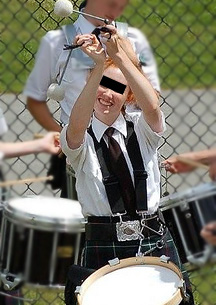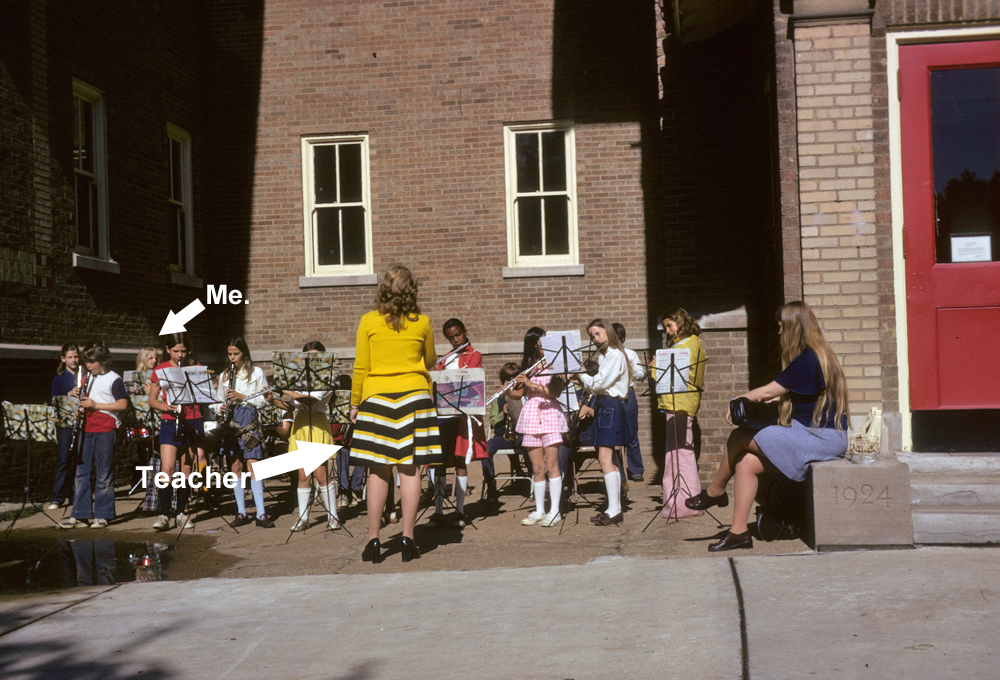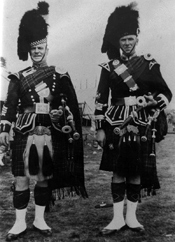Spirited & lively
 Once or twice each year of judging, something indelibly memorable occurs. Yes, there are good performances that stand out at almost every contest, but I’m thinking here about events that transcend the music, when circumstances converge to make a perfectly magical merger.
Once or twice each year of judging, something indelibly memorable occurs. Yes, there are good performances that stand out at almost every contest, but I’m thinking here about events that transcend the music, when circumstances converge to make a perfectly magical merger.
I was enjoying a morning of solo competitions this June at the Summerside Highland Gathering at the idyllic Prince Edward Island when one such event was conjured.
The College of Piping is always associated with its first director, the late Scott MacAulay. Scott was a good piping friend and a wonderful piper. His personality was larger-than-life. He found the party and upside in everything, it seemed, and when his life was cut down by cancer it was a huge loss for the scene. We will always miss him.
Scott discovered piobaireachd later than most. In the 1980s, when he was into his late twenties, he found ceol mor or, rather, ceol mor found him. A product of Lewis-born parents, and someone who seemed to enjoy things Hebridean and Gaelic way more than most, even as a teenager it seemed odd to me that Scott focused only on light music and pipe bands. But in the early-1980s he dived head-long into piobaireachd.
After, say, age 18, “discovering” piobaireachd is a difficult thing to do, not because the music can’t be learned, but because your fellow competitors and adjudicators might not take you seriously. Back then, anyway, a certain amount of ceol mor capital had to be banked before the prizes would be paid in dividends.
Scott was as smart a person as you could ever meet. A canny man, one might call him. He could size up a person or an entire room in a second, and work his way in with his incredible wit and charm. One could even say that he charmed his way into piobaireachd. Within a few years he had learned enough tunes and put his musical smarts and technical skills to work his way into the prizes.
He set his sights on winning a Silver Medal, which he did at the Northern Meeting in 1985 just a few years after taking on the big music. He learned up four Silver Medal tunes, and had particular success with “Queen Anne’s Lament.” Going around the Scottish games with him that summer, that tune seemed always to be picked – so often, in fact, that we started to refer to him jokingly as “Queen Anne,” which I remember him laughing at with his unique cackle.
But back to Summerside. Not wanting to lug my piobaireachd books to PEI, I managed to borrow a complete bound Piobaireachd Society Collection from the College. It turned out, though, that the big book had belonged to Scott, with his name custom-embossed on the front and spine in Scott’s typical spare-no-expense style. There were relatively few solo competitors, and some time between each, so I decided to browse through Scott’s old book to check out a few of the tunes I remembered he had played: “Sir James MacDonald of the Isles,” “The Company’s Lament,” and, of course, “Queen Anne’s.”
And then, in the Grade 1 Amateur Piobaireachd event, young Sarah Simpson of Cavendish, PEI, submitted her three tunes. “Queen Anne’s Lament” was one. So, here’s that special confluence of serendipity: College of Piping, misty day, Scott’s book, Scott’s tune. It had to be.
As she built the tune, I found myself rooting for her to see it through, for the pipe and nerves to hold. With a terrific instrument that featured a perfectly tuned and blown high-G, Sarah Simpson delivered a spectacularly musical and almost technically flawless rendition of Scott’s best tune.
Scott MacAulay was all spirit. For 10 minutes or so on that day, on that field, at that time, with that tune, his spirit happily returned.


![The author, age 13, competing in the Grade 3 March at the 1977 Kansas City Highland Games. The great John Wilson is the judge. Strangely, Wilson mentioned the performance in his memoir, "A Professioanl Piper in Peace and War." [Photo Rowland Berthoff]](https://www.pipesdrums.com/storage/2012/06/Berthoff_Andrew_KC1977_03.jpg)







![Unforgettable. [Photo:Linda Graham]](https://www.pipesdrums.com/storage/2012/01/Trash_Pipes_small.jpg)




 The
The 



















